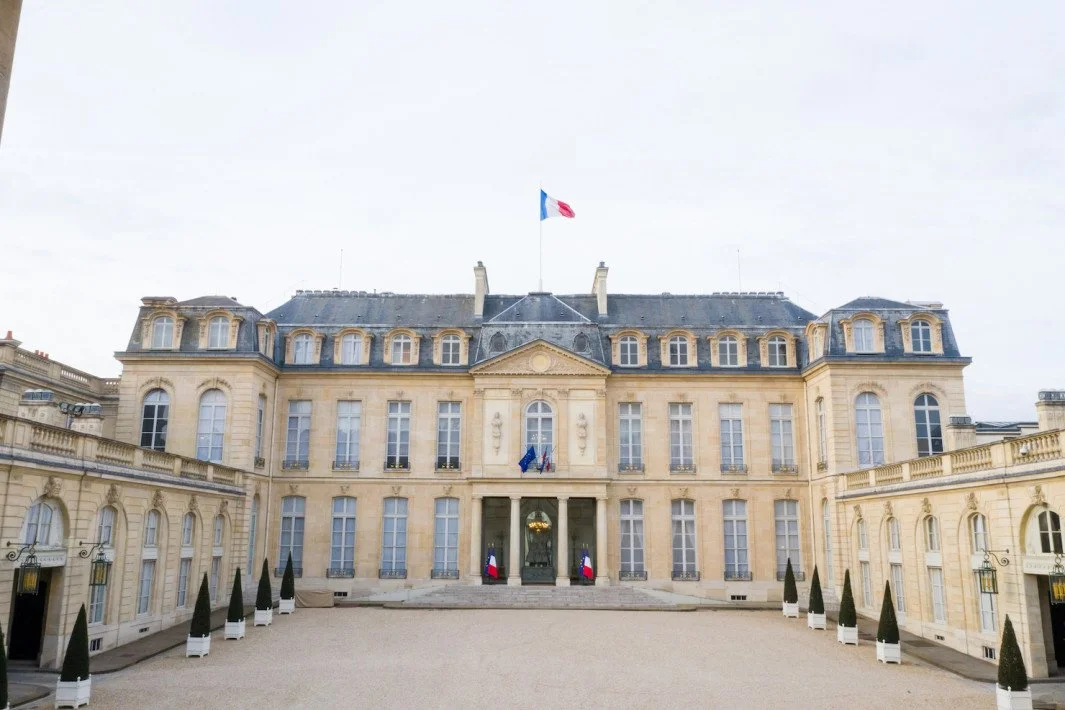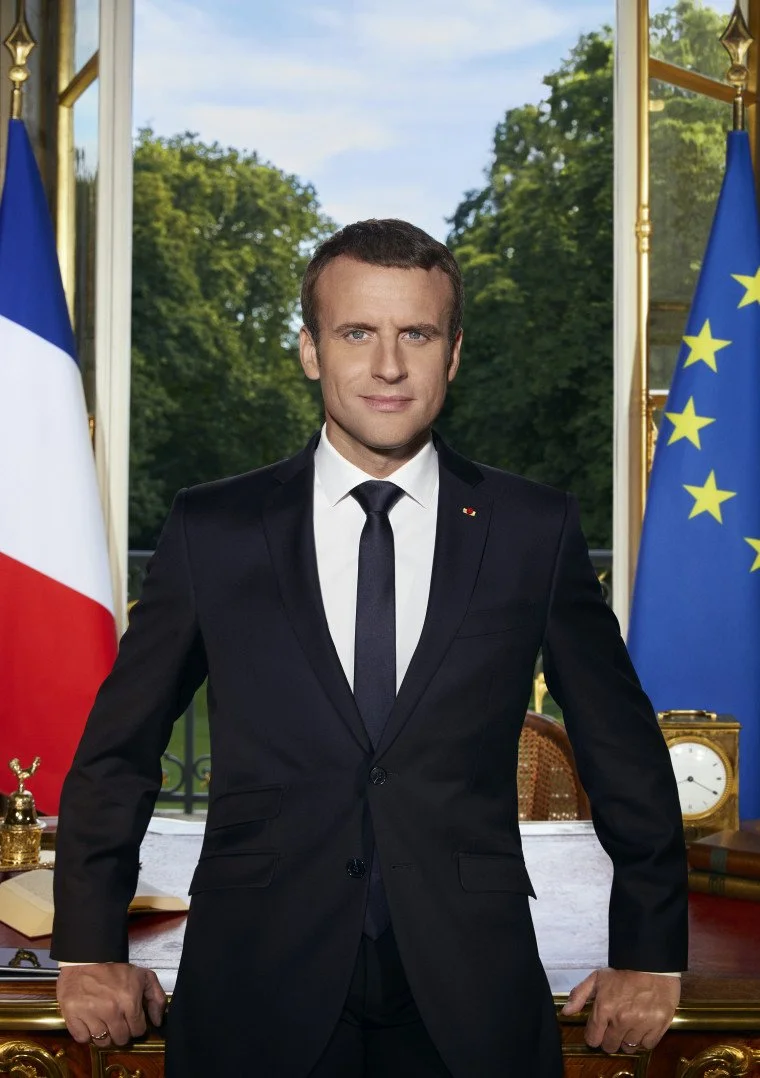Why this French Election has a particular importance for the rules based liberal order By Joshua Turner
We seem to be living in a time where it is difficult to overstate the importance of an upcoming election; indeed, I have heard the term “most important” attached to nearly every election of the last decade or so. This upcoming election for the presidency of France is no different, and its effects will be felt well outside of Paris. This would have been the case even if Russia had not invaded Ukraine last month; it now takes on a particular salience with war raging in Eastern Europe.
With the United Kingdom having left the European Union, and former German Chancellor Angela Merkel having left politics, French President Emmanuel Macron is in the position he has long coveted; the defacto leader of Europe. Well, part of Europe that continues to push for greater European integration at least. There was another important election this past week in Hungary, which sent the signal that a very different vison for Europe is still managing to capture hearts and minds across the continent.
Macron has had an uneven five years as the leader of the Fifth Republic, with a mixed record on domestic issues and foreign policy and an approval rating that is more indicative of indifference rather than strong feelings in either direction (though it has seen an uptick since the Russian invasion of Ukraine). Macron is likely the beneficiary of two important developments in French politics; the splintering of the far-right among rival candidates, and an increasingly irrelevant left wing. Macron also benefits from the format of the French presidential elections; provided that he makes it to the second round, he is extremely likely to beat whichever candidate emerges by virtue of his being ‘in the center’, thus getting much of the backing of whichever side does not make it to the second round.
Photo from French government
I would argue, however, that while the previous election which brought Macron to power was extremely important for the future and direction of France, this election will be just as important for fight taking place between liberal democracies and rising authoritarianism. Marine Le Pen, who is at present most likely to be Macron’s opponent in the second round, has long standing ties to Russian President Vladimir Putin and in the past has openly talked about pulling France out of both NATO and the EU. Western unity on Ukraine (and on combating authoritarianism broadly) may not be able to survive a Le Pen victory, let alone any of her farther right opponents.
While Germany has made an important decision to increase its defense spending, the reality of the difficulty of disentangling themselves from Russian gas has rendered them unable to be the tip of the spear in combating Putin. Europe as a whole has been reluctant to make serious changes to their relationship with Russia regarding energy; a French president with close ties to Putin would likely stimy any further moves in that direction and could have serious negative implications for issues surrounding Ukraine, such as weapon sales and accepting migrants.
With the first round of the election looming, Macron will continue to carry the hopes of the liberal center, both in and outside of France, no matter how imperfect a vessel for them he may be.
Joshua Turner is a Ph.D. Candidate in Political Science at SUNY-Buffalo





